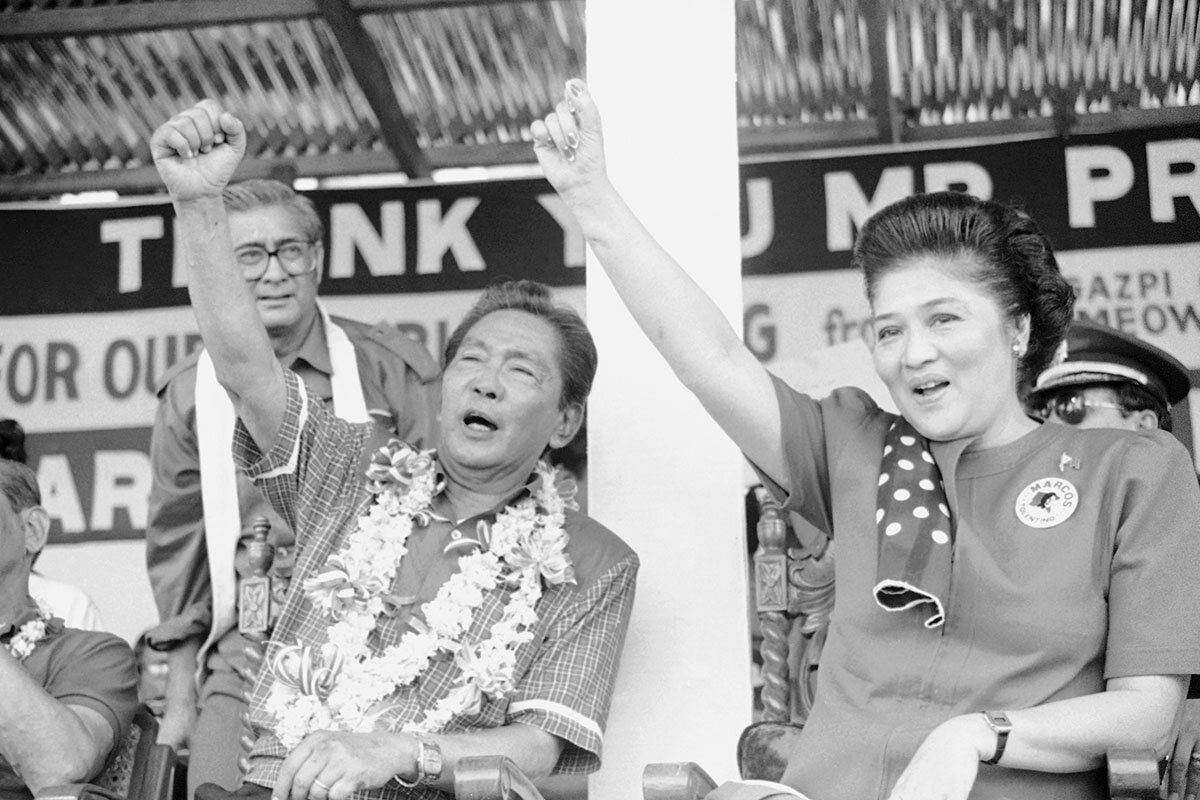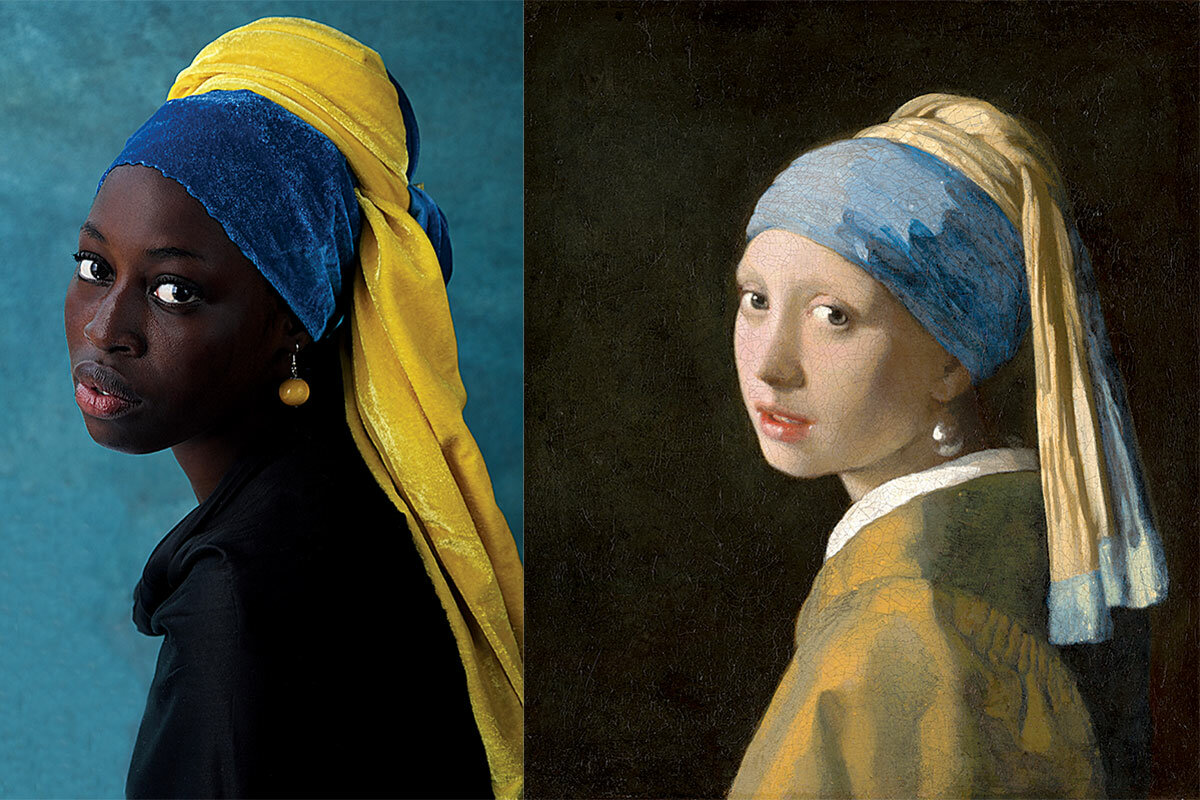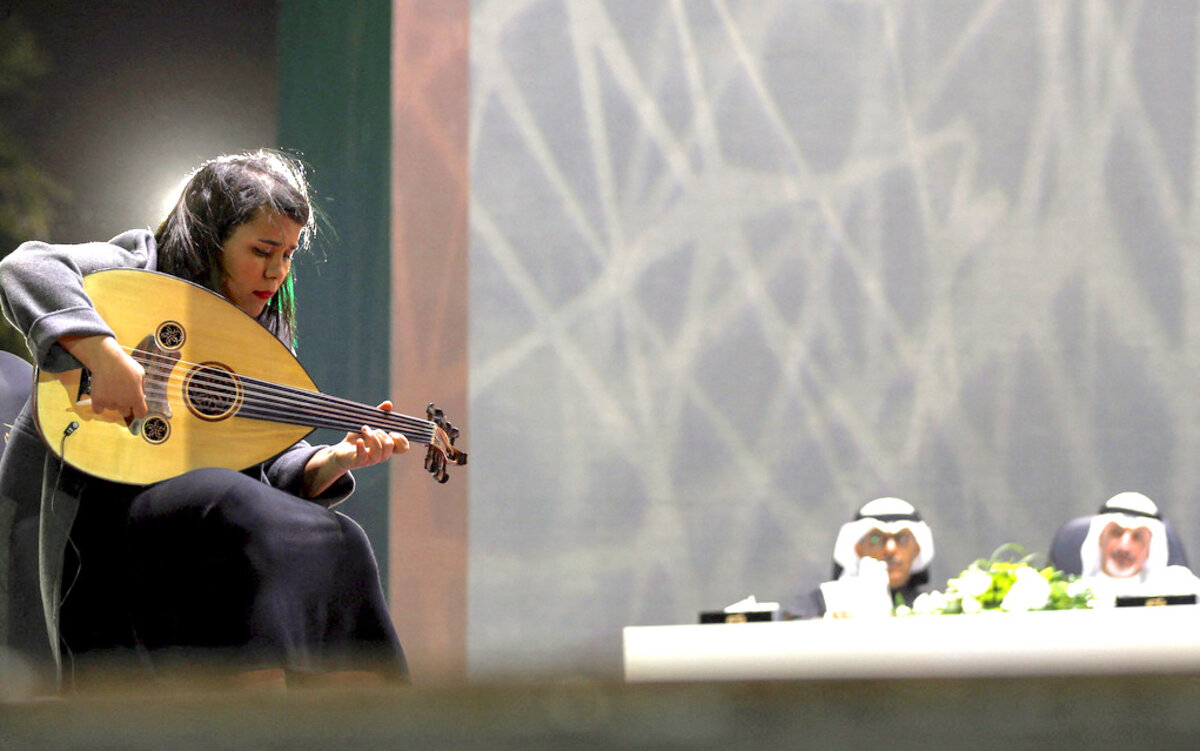President Joe Biden appears to be repositioning for a 2024 reelection campaign by shifting toward the center on issues like crime, oil, and immigration.
Monitor Daily Podcast
- Follow us:
- Apple Podcasts
- Spotify
- RSS Feed
- Download
 Peter Grier
Peter Grier
Would Ronald Reagan recognize today’s Republican Party?
On fiscal issues like tax and budget cuts, probably. On foreign policy, not so much.
Former President Reagan, champion of a muscular America, would have been mystified by the current GOP split over Ukraine.
The party establishment, including many Senate Republicans, remain Reaganesque in support of aiding Ukraine. But the top candidates for the GOP presidential nomination, former President Donald Trump and Florida Gov. Ron DeSantis, say the United States has no vital interest in that fight.
Governor DeSantis went so far as to call Ukraine’s struggle against a Russian invasion a “territorial dispute” in a statement this week.
Mr. Trump and Governor DeSantis may have their fingers on the pulse of supporters. A new Axios poll finds just 42% of Republicans support sending U.S. aid to Ukraine, as opposed to 79% of Democrats and 60% of independents.
And long before Mr. Reagan’s presidency, the American right was skeptical about foreign intervention. The slogan “America First” originated with conservatives opposed to aiding allies at the beginning of World War II.
But that isolationist approach was an “electoral cul-de-sac” for the GOP, warned The Wall Street Journal editorial board this week. It called Governor DeSantis’ statement on the issue his “first big mistake.”
Other party presidential hopefuls were similarly harsh. Former South Carolina Gov. Nikki Haley said the Florida governor was just “copying” Mr. Trump. Former Vice President Mike Pence said, “I would say anyone who thinks Vladimir Putin will stop at Ukraine is wrong.”
Ukraine may thus be a lively issue in the 2024 race.










